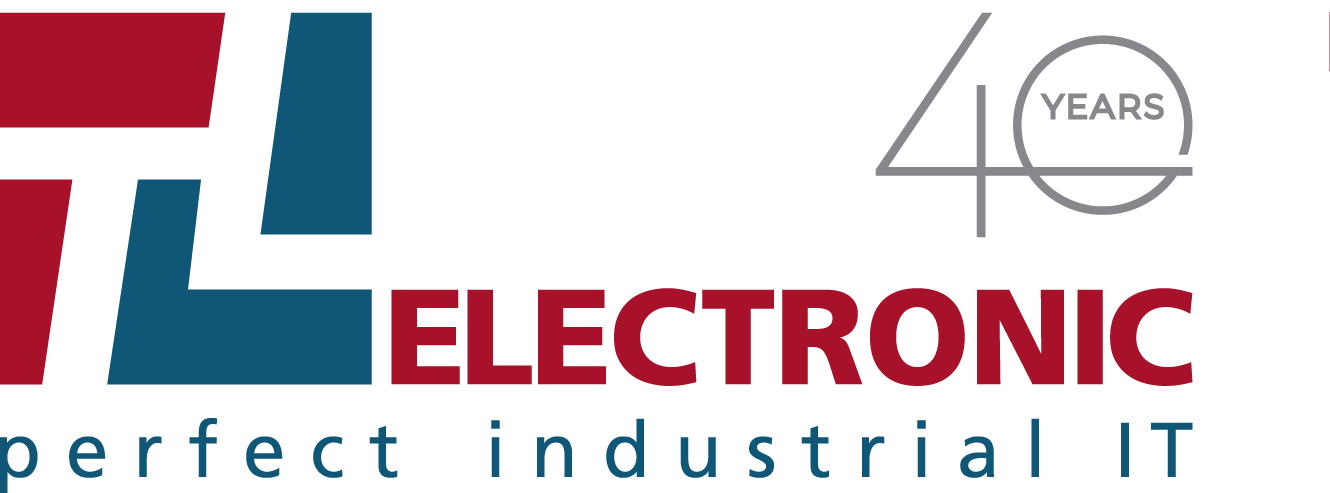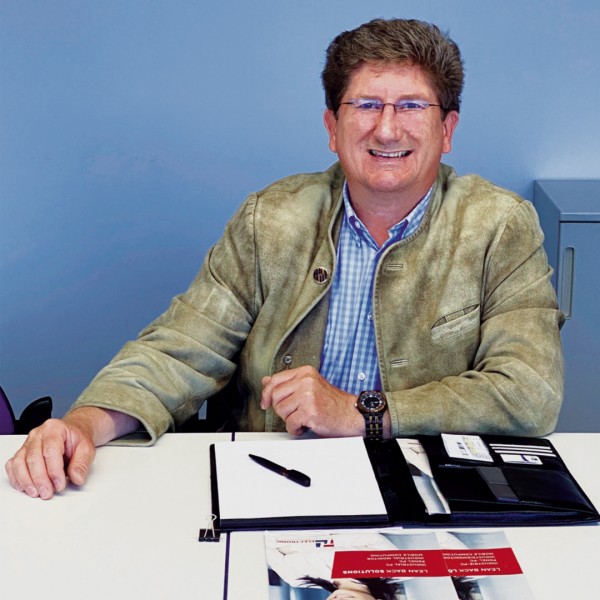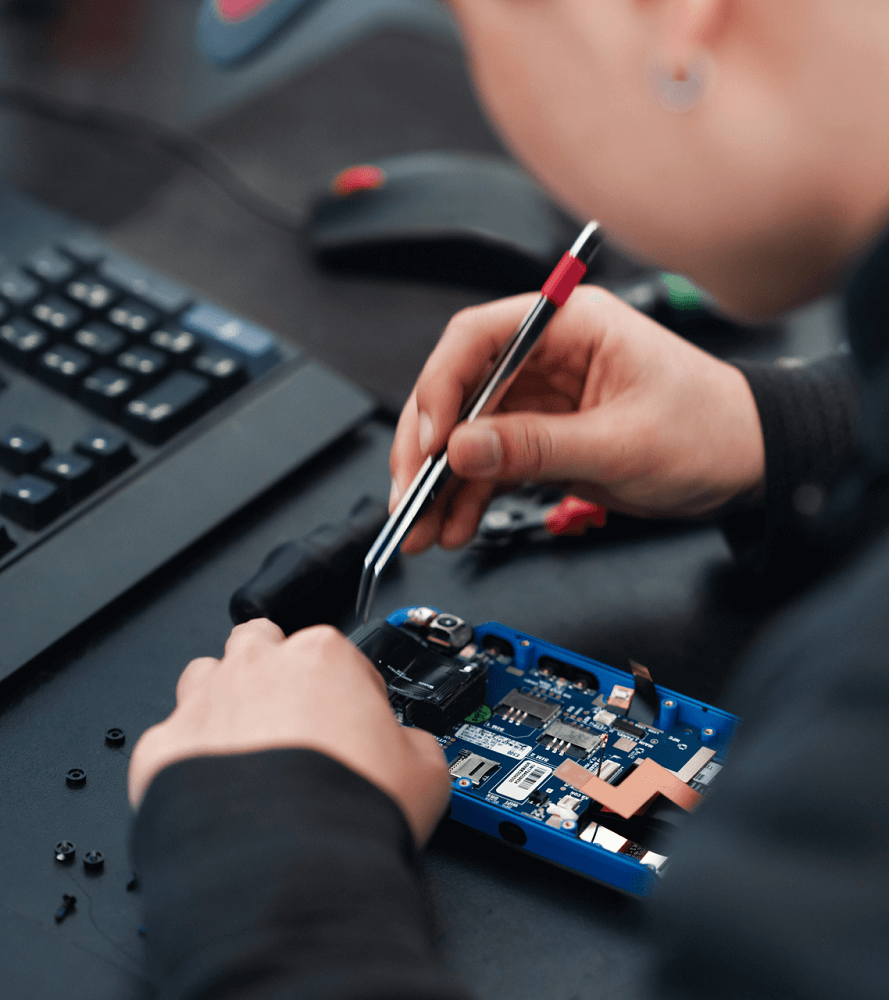This interview was published on August 12, 2020 in ElektronikPraxis - Editor: Margit Kuther
From production to logistics to medical technology. The digitization of processes is the prerequisite for future corporate success. Industry expert Stefan Götz reveals details.
ELEKTRONIKPRAXIS: Mr. Götz, how important are modern technologies such as the Internet of Things (IoT) for small and medium-sized enterprises (SMEs) in order to get out of Covid-19 successfully or unscathed?
Stefan Götz, managing partner of TL Electronic: Larger companies have been digitizing their business processes for a long time. Now SMEs are also rethinking their routines and relying on the increased use of data-based processes or machine learning. These possibilities, which have been around for years, have the advantage that technological dynamics are inevitable for all companies and offer a wealth of unrecognized possibilities.
That sounds very radical. Aren't many companies overwhelmed?
This technological amazement at new possibilities such as digitization occurs in every crisis. The point is to develop new routines. Nevertheless, I want to protect SMEs too. How should you start digitization projects when many service providers and suppliers are more interested in larger volumes? In addition, there is the utilization of own capacities and the qualification of employees. Of course, our major customers, for example from the automotive industry, also enjoy a lot of attention. At the same time, we offer configuration suggestions for industrial applications and for numerous sectors online for everyone.
So you would start an IoT project directly by purchasing an industrial tablet PC?
Our products and solutions can be designed in production lines, industrial trucks or agricultural machines. But you can also equip the logistics employee with a robust, industrial-grade tablet PC, connect it remotely to the logistics software via the existing company network and give her a better overview of the warehouse situation. From a technological point of view, edge design is used in supply chain management for logistics in real time. From a practical point of view, existing infrastructures such as WLAN or 4G are used, networked with applications and these applications are brought closer to the process. Therefore, the modus operandi must always be tackle.
So basically the break with the non-digital routine?
Not break, but awareness and clarity. Most of the time there is already digitality. Every company has infrastructural requirements such as a company network and application-related software. It's about networking and expansion, and often also about renewal. The holistic view of the individual process is best enjoyed by the user himself. He analyzes his current processes, for example structured according to changes to components, optimization of programs, procurement and logistics. For each individual task, he highlights the disadvantages and effects. The aim is the collaborative intelligence of all units and people involved in the process. Then a new process is designed. The new guideline 6603 of the VDI provides guidance. We at TL Electronic help with the implementation of the hardware with a focus on human-machine interfaces, edge computing and networking with IoT gateways.
Do you have a specific example?
Central requirements in health care are to call up patient information in real time, maximum availability, reliable reproduction and high hygiene standards. It is also about the fast, optimized provision of information for collaboration between medical staff. Together with our partner Winmate, we have developed a lightweight tablet PC solution with antimicrobial properties that is IEC 60601-1, 60601-1-2 certified. This gives the user a head start in terms of project implementation.
Where does this lead still exist?
The added value lies in the holistic industrial IT consideration of the customer's ecosystem. Ultimately, it is about sensibly recognizing how to simplify processes, improve services and product quality and thus bundle knowledge in the company more quickly - ultimately, it is about operational excellence through collaborative intelligence. When you implement a fast tracking project, as we do in the automotive sector, one thing is clear: you don't just want to use the latest technologies in industrial hardware, you want to be faster and better.



